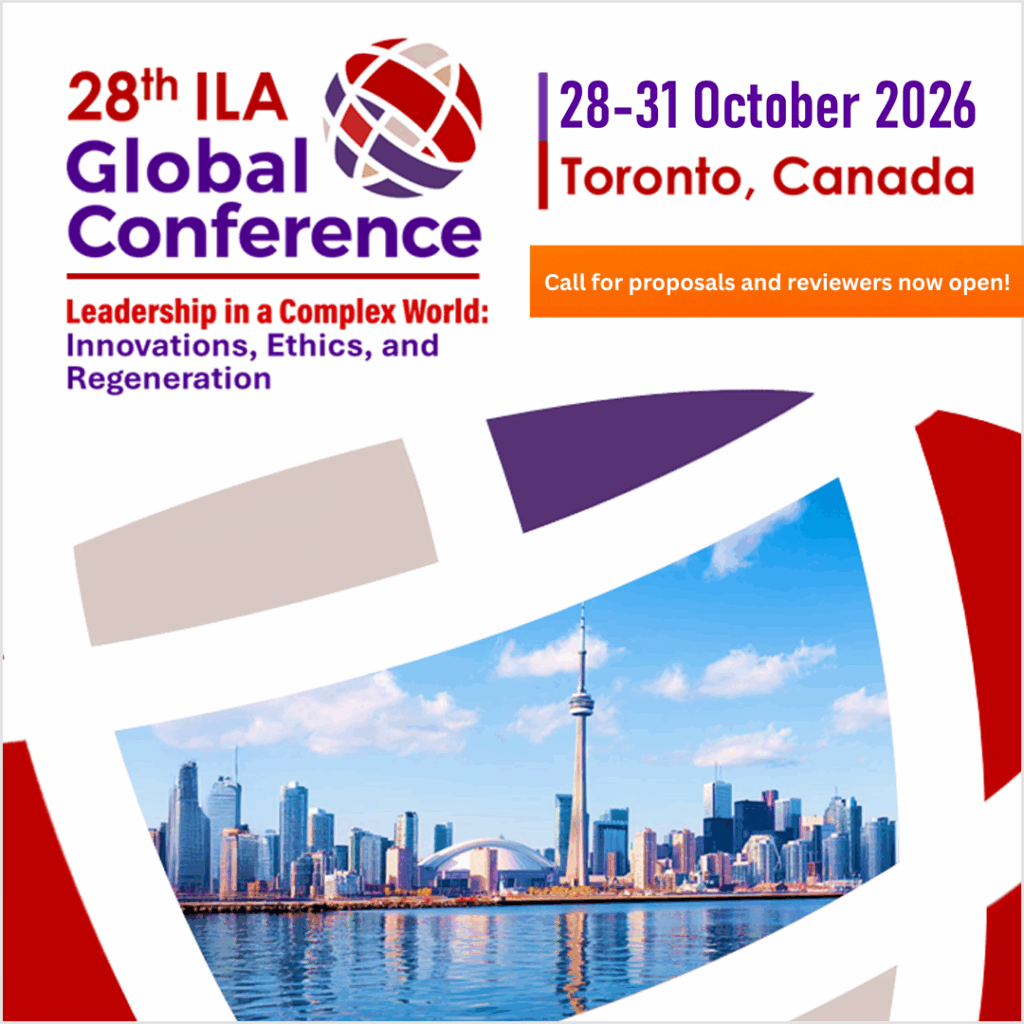
by Ronald E. Riggio
9 July 2020
Share this article:
5 Lessons for Us and Our Leaders.
Who would have ever thought that during a thriving economy, and a world that was becoming increasingly engaged and interrelated, things would come to a grinding halt? Fighting this global pandemic has become a worldwide, shared challenge. As we “shelter in place,” engage in “social distancing,” and try to adjust, we all want to return to our old lives. But, it would be a shame if at the end of this crisis, we simply went “back to normal.”
Here are 5 critical lessons that we and our leaders need to learn from this crisis:
It is simply unfathomable that in an era where science has lengthened our lives, improved the quality of those lives, and provided space-age technology that our parents couldn't even dream of, that we – and our leaders – would not rely on science in making critical decisions.
- Science Matters. It is simply unfathomable that in an era where science has lengthened our lives, improved the quality of those lives, and provided space-age technology that our parents couldn’t even dream of, that we – and our leaders – would not rely on science in making critical decisions. Whether it was the Chinese government trying to hide what doctors knew about the impending pandemic, or Western leaders ignoring the pleas of scientists to take drastic actions, we should realize the dangers of not relying on scientific discoveries in policy-making. Looking beyond the current pandemic, what about climate change and what science is telling us about that impending catastrophe?
- Top-Down, Authoritarian Leadership Doesn’t Work. We can use China and the US as good case studies for the failure of authoritarian leadership. The Chinese government’s failed decision to hide the novel coronavirus outbreak, and President Trump‘s proclamations that fly in the face of what his own experts are claiming, suggest that when decisions are centralized in a powerful “head,” without adequate input from knowledgeable others in the decision-making process, it is a recipe for disaster. One hundred years of research on leadership tells us that authoritarian leadership doesn’t work well.
- Greed and Self-Interest Are Our Worst Enemies. Whether it is the profiteers who are hiking up the prices of crucial medical protective gear, or hoarders emptying the shelves of grocery stores, we are seeing the ugly truth that greed represents the “dark side” of our human nature that causes some of us to gain at others’ expense. If medical personnel are not adequately protected from infection, or if some of our fellow citizens risk exposure by trying to find food and necessities, we will all lose. Beyond the pandemic, the increasing economic gap between the elite ultrarich and the lowest socioeconomic rungs of society, is a greed-related problem that needs immediate attention.
- Engaged Followership Is Necessary. In a country where less than half of us regularly vote and where people routinely try to “not get involved,” we need to realize the power and the benefits of becoming engaged citizens. In leadership research, we have begun to focus on the important role that exemplary followers play in effecting change and getting things done. We are seeing this in the news on a daily basis. Doctors and medical technicians who are rigging ventilators to manage more than one patient, volunteers who are shopping for elderly and disabled persons, local officials who are breaking with higher-level government leaders to take more drastic actions to save lives. If greed is the dark nature of humans, altruism – helping others – is the bright side. After all, it is engaged citizens/followers in organizations and societies who really get things done, not the leaders.
- We Cannot Miss This Opportunity to Learn and Evolve. As historians say, “those who do not learn from the past are doomed to repeat it.” If leaders do not seize the opportunity to learn from the challenge of the global pandemic, they are likely to find themselves unprepared when new problems arise. The best way to lead in a crisis is to prepare beforehand. We are seeing the problems caused by lack of preparation – the dismissal of the US pandemic response team, ignoring warnings, lack of adequate stockpiles of medical equipment and supplies. Too much power and control in a single leader, particularly when the leader does not consult broadly with experts and advisors (from both/all political parties and perspectives), is bad.
Not only leaders, but each of us must learn from this experience. We need to prepare for possible crises/setbacks – stay informed, have contingency plans. We need to become more engaged in society, in the selection of our leaders, and speak up when necessary (the “Silent Majority” was not a good thing). Perhaps we can become less self-focused and reach out to others to assist (or be assisted).
We need to learn, to evolve, not because another crisis might be coming, but because it is a certainty.
This blog was previously posted on Ron Riggio’s Cutting-Edge Leadership blog at Psychology Today.

Ronald E. Riggio, is the Henry R. Kravis Professor of Leadership and Organizational Psychology and former Director of the Kravis Leadership Institute at Claremont McKenna College. He is also an Affiliated Faculty member at the Drucker/Ito School of Management and the School of Behavioral and Organizational Sciences at Claremont Graduate University. He is the author or editor of over 100 books, book chapters, and research articles in the areas of leadership, assessment centers, organizational psychology and social psychology. Ron is a former board member of the ILA.

